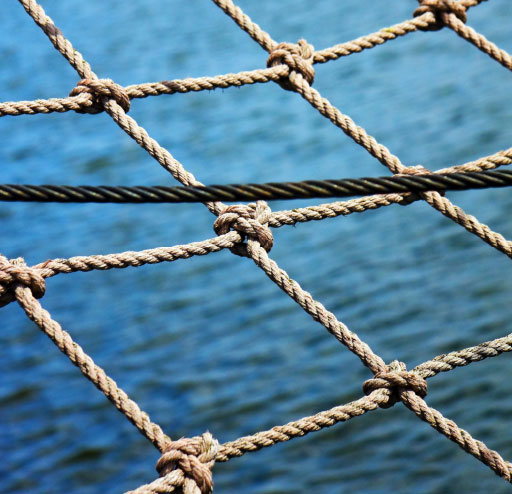 Download a printable copy of this article (PDF 505KB)
Download a printable copy of this article (PDF 505KB)
- Maintain genuine pride in your school.
- Continue to demonstrate high regard for your staff.
- You’re already changing the behaviours of others by altering your own.
- Be intentional about your leadership influence.
- Hypothesise the impact of new leadership behaviours with your team.
I speak with a lot of principals and most are immensely proud of their schools. School tours with them are always a joy. Pride in the achievements around the school exudes from both their words and their manner as they point to samples of student learning on display and introduce me to teachers described as guns and rock stars.
“The key to successful leadership today is influence, not authority.”
– Ken Blanchard
Australian schools are predominantly filled with great people. They share a moral imperative that infects our collective work, even when it isn’t spoken about very often. This imperative is manifested as hard work, heavy commitments, extra hours and a general belief that our purpose is so important that going the extra mile really isn’t an option.
Yet, many principals tell me that there are still significant personal and professional challenges in uniting their staff in practice. Many of you may previously have experienced staff cliques – there’s the sport obsessed clique, the Friday evening drinks clique, the clique who derail staff meetings into arguments about student behaviour and the leadership clique who may have forgotten the genuine challenges of the classroom evidenced by their “why don’t they just …” moans.
Some teachers don’t seem to buy into the program. Sometimes they’re individuals and sometimes, more problematically, they exist in collectives or cliques. They don’t mix and we feel that they are the oil slick on our calm blue ocean. We just can’t get them to fit in with everyone else.
When these instances arise, we have a tendency to focus on this behaviour, on the oil slick and look to modify, minimise or redirect from problem behaviours. We call them in for a chat, we drop hints or we discuss the problem with other leaders in search of ideas for how they have tackled similar concerning attitudes.
But what if the best approach isn’t to look at them, but to look at ourselves? What if it’s our behaviour and our influence within which the greatest opportunity for change and improvement lies? What if we look at the water instead of the oil for a moment, just to explore the possibilities?
Influence is an interesting topic. On one hand, it’s a significant outcome resulting from any set of leadership behaviours. On the other hand, it is the essential fuel for great school leaders who can only come to work with enthusiasm and energy when they know that they’re influential and making a positive difference. It’s both the core business and the enabler of core business at the same time.
Yet we often avoid using our own influence, spruiking mantras like “the only person whose behaviour you can change is your own, you know”. This is completely untrue. Leaders change the behaviour of others constantly.
Sometimes we can feel uncomfortable with the realisation of our own personal and professional influence on others. It can feel sometimes like we’ve become manipulative, such is the impact of our conduct on the conduct that other people deploy. We needn’t be. Effective leaders, in multiple fields, willingly embrace the immense power of their influence without letting it transcend into conflated ego.
Your ability to influence others is how you can make your moral vision for your school behavioural, exampled and visual to all key stakeholders. Your influence is the context for the behaviours that those you lead bring to your culture. If you can change that context, or create one so positive that only positive behaviours can thrive, then you’re metaphorically dispersing the oil without focusing on it.
Hypothesise for a moment about the three new behaviours you could use to address the behaviour of the oily cliques in your school, the likely reactions and the best possible reaction?





